Texas State Highways
The Texas state highway system is a network of roads that are owned and maintained by the Texas Department of Transportation (TxDOT). The system includes both interstate highways and U.S. numbered highways, as well as a number of other roads that are not part of either of those systems.
The non-interstate, non-U.S. numbered highways in the Texas state highway system are typically smaller roads that connect cities and towns within the state. They are often used for local transportation and for getting to and from rural areas.
There are a number of different types of non-interstate, non-U.S. numbered highways in the Texas state highway system. These include:
- Farm to Market Roads (FM roads): FM roads are typically two-lane roads that connect farms and ranches to major highways.
- Ranch to Market Roads (RM roads): RM roads are similar to FM roads, but they are typically located in more remote areas.
- Loop roads: Loop roads are roads that circle around a major city.
- Spur roads: Spur roads are short roads that connect a major highway to a smaller road or to a specific destination.
- Park roads: Park roads are roads that lead to state parks or other recreational areas.
The Texas state highway system is a vital part of the state’s transportation infrastructure. It provides a way for people to get around the state, and it also helps to support the state’s economy.
 Texas Highway 360: Euless to Arlington
Texas Highway 360: Euless to Arlington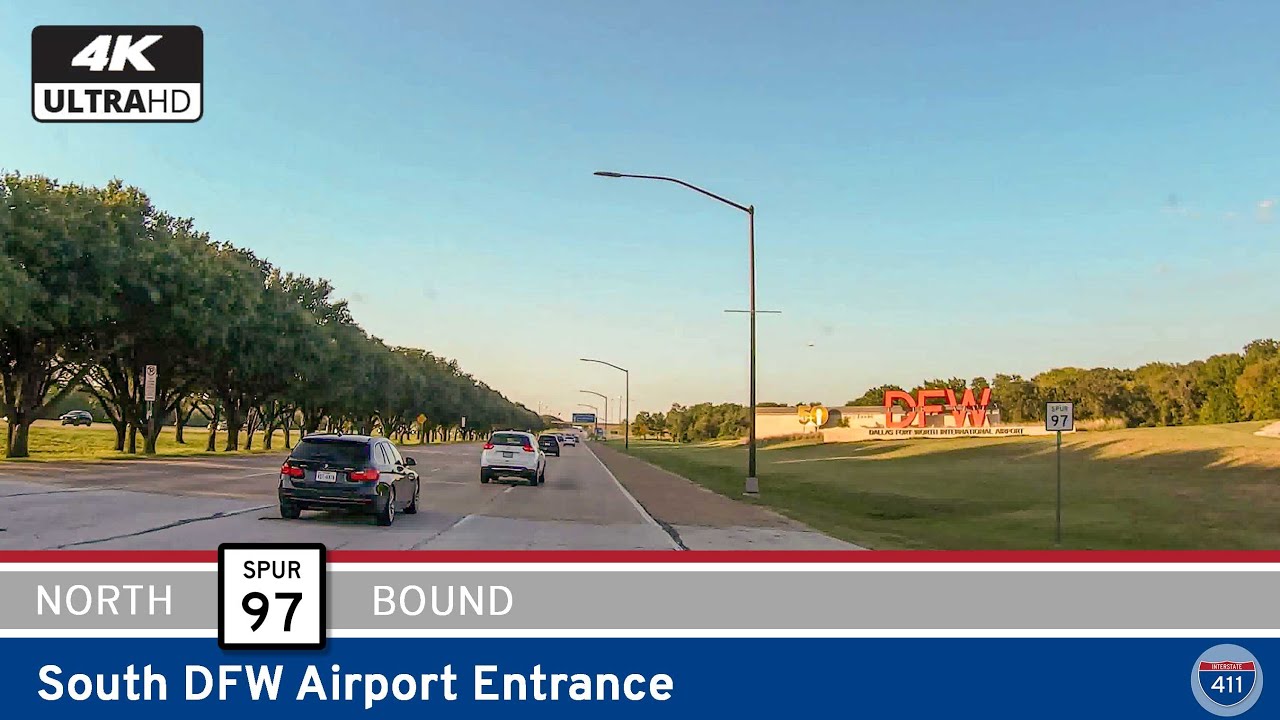 Texas Highway 97 Spur – DFW Airport South Entrance
Texas Highway 97 Spur – DFW Airport South Entrance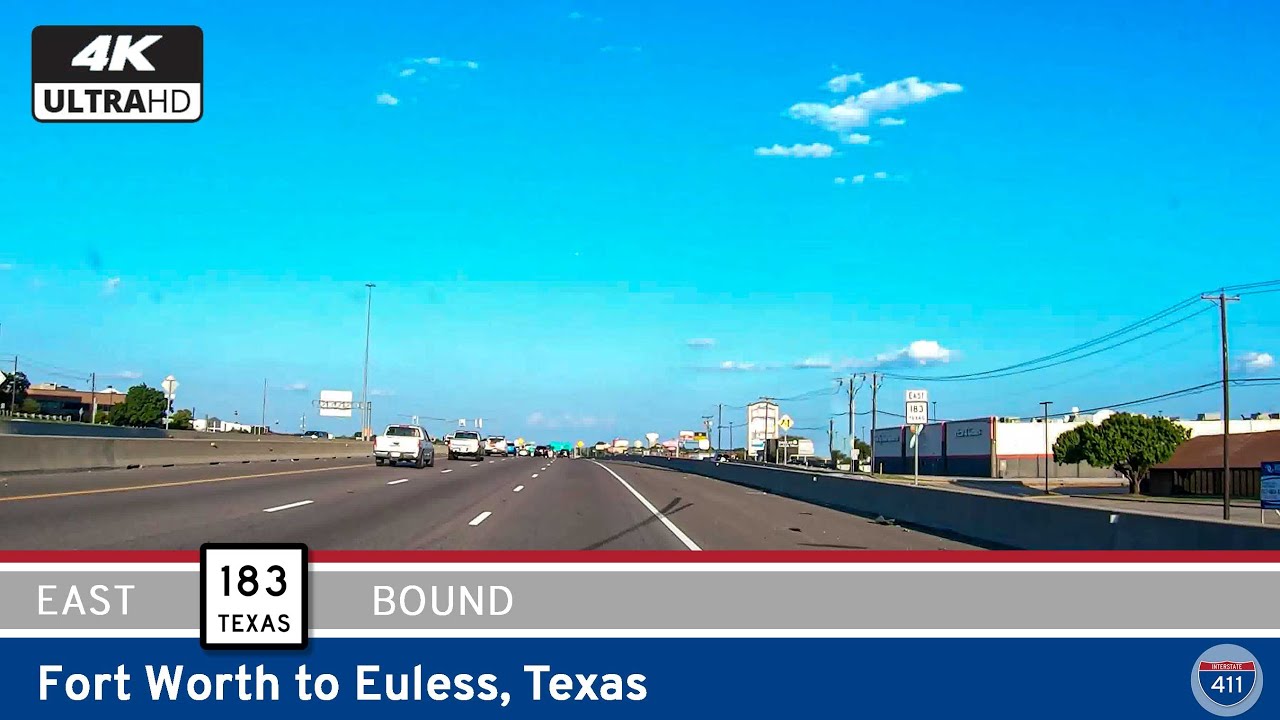 Texas Highway 183: Ft. Worth to Euless – Texas
Texas Highway 183: Ft. Worth to Euless – Texas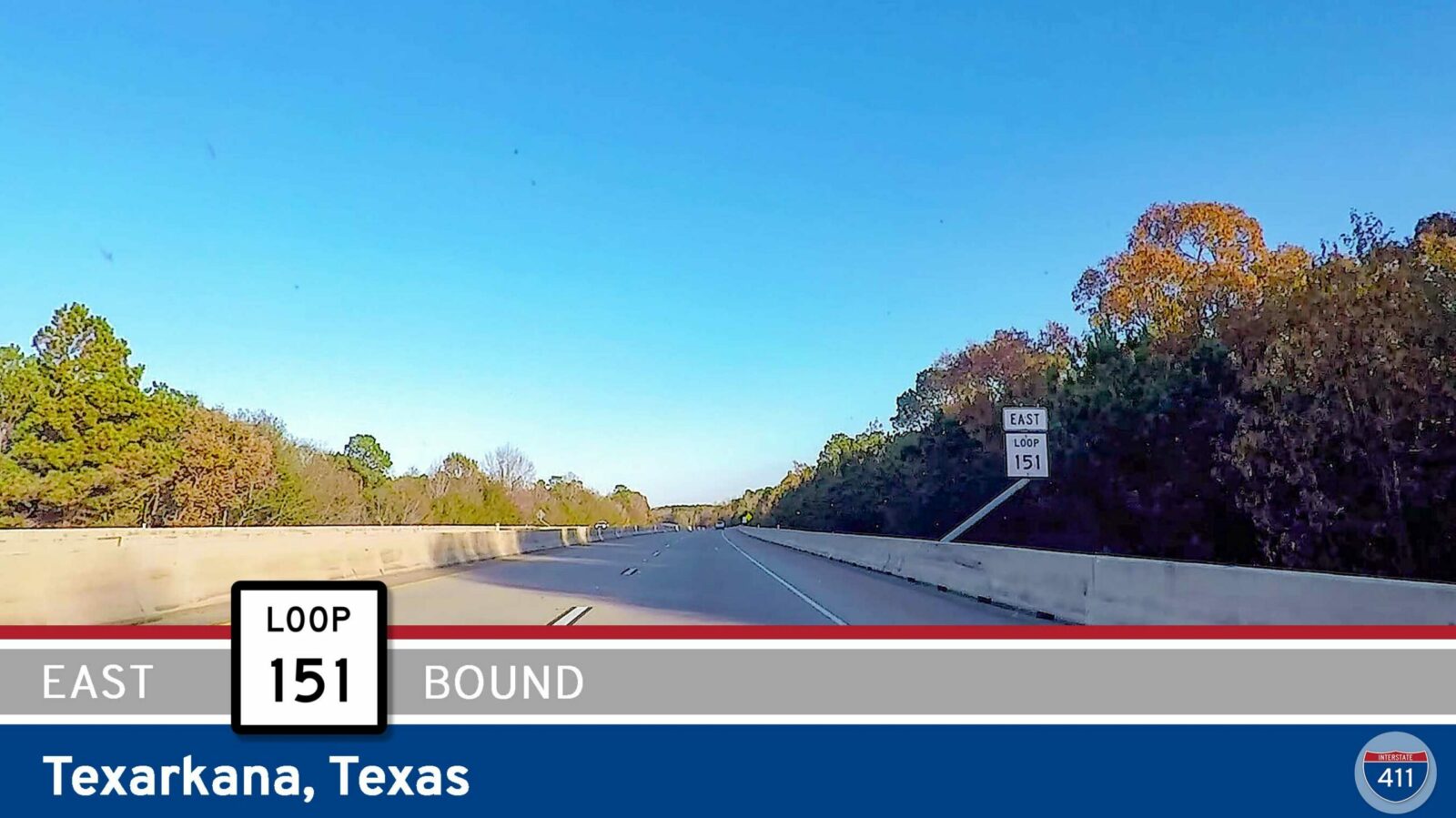 Texas Highway 151: Texarkana Loop – Texarkana – Texas
Texas Highway 151: Texarkana Loop – Texarkana – Texas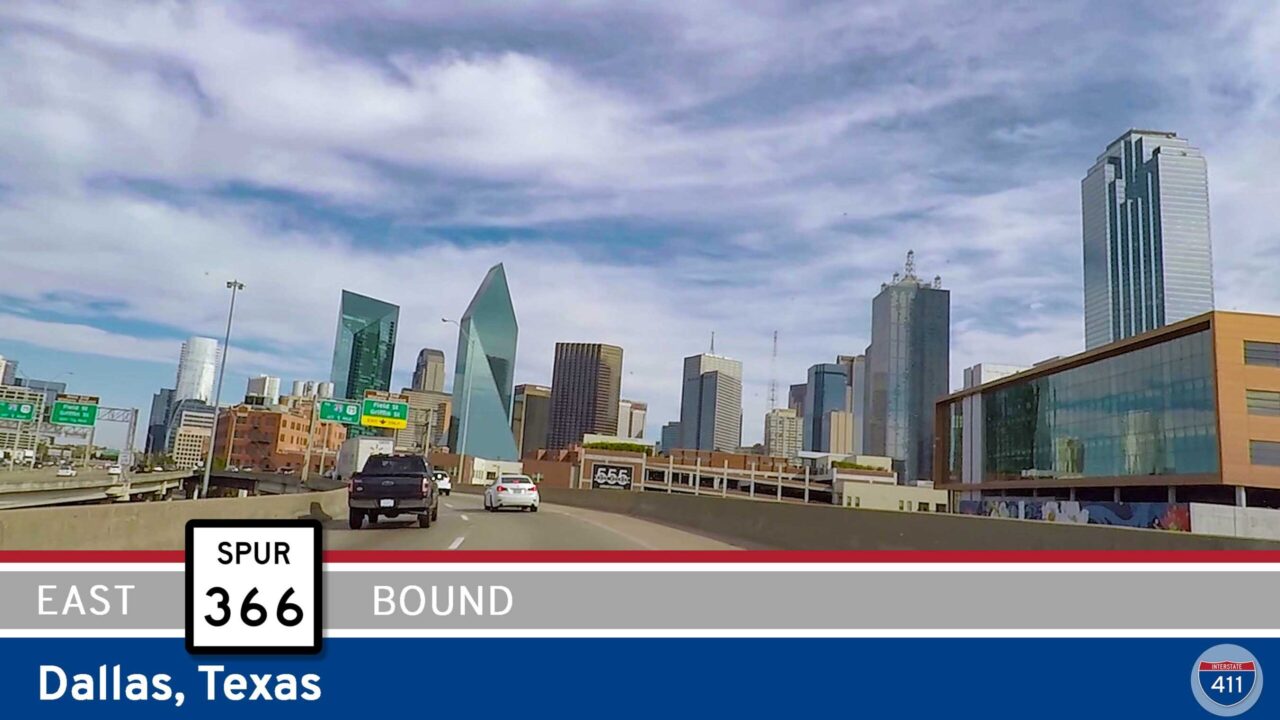 Texas Highway 366: Dallas – Eastbound
Texas Highway 366: Dallas – Eastbound Texas State Highway 183: DFW Airport to Dallas
Texas State Highway 183: DFW Airport to Dallas Texas Highway 97 Spur: International Pkwy – Grapevine to Fort Worth – DFW Airport – Texas
Texas Highway 97 Spur: International Pkwy – Grapevine to Fort Worth – DFW Airport – Texas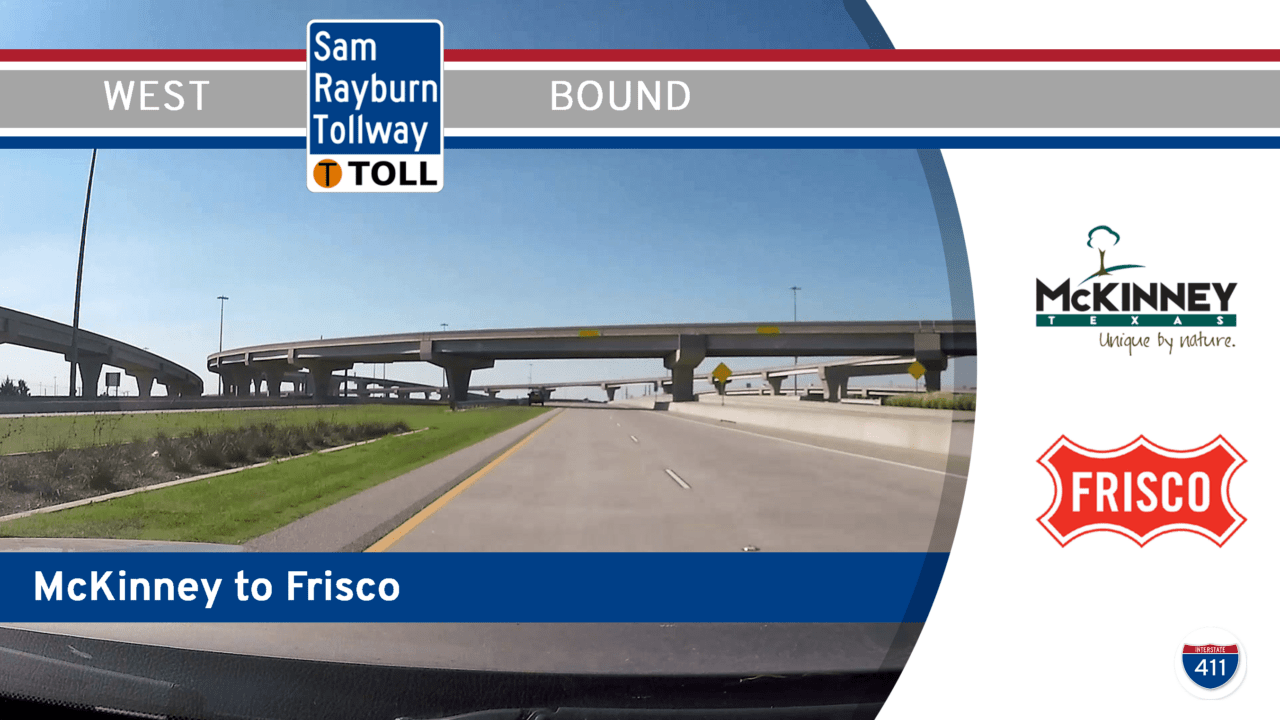 Sam Rayburn Tollway – McKinney to Frisco – Texas
Sam Rayburn Tollway – McKinney to Frisco – Texas Texas Highway 302 West – Greenville
Texas Highway 302 West – Greenville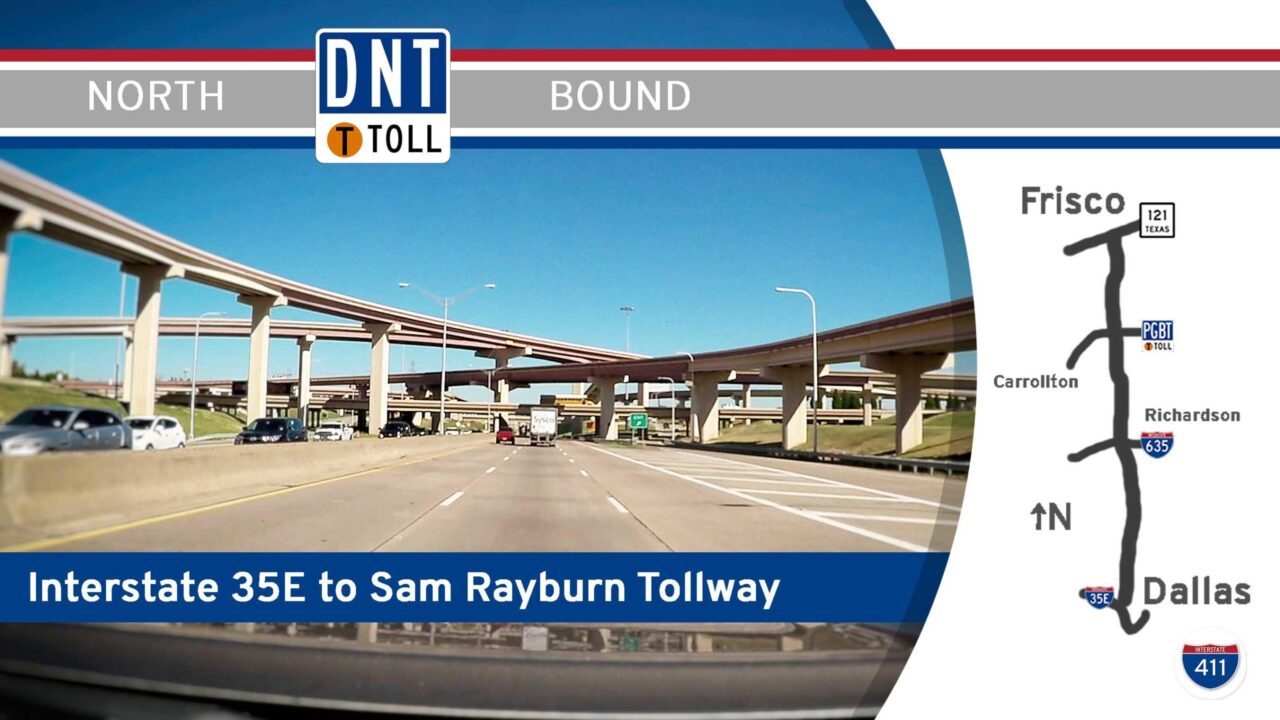 Dallas North Tollway – Interstate 35E to Texas Highway 121 – Texas
Dallas North Tollway – Interstate 35E to Texas Highway 121 – Texas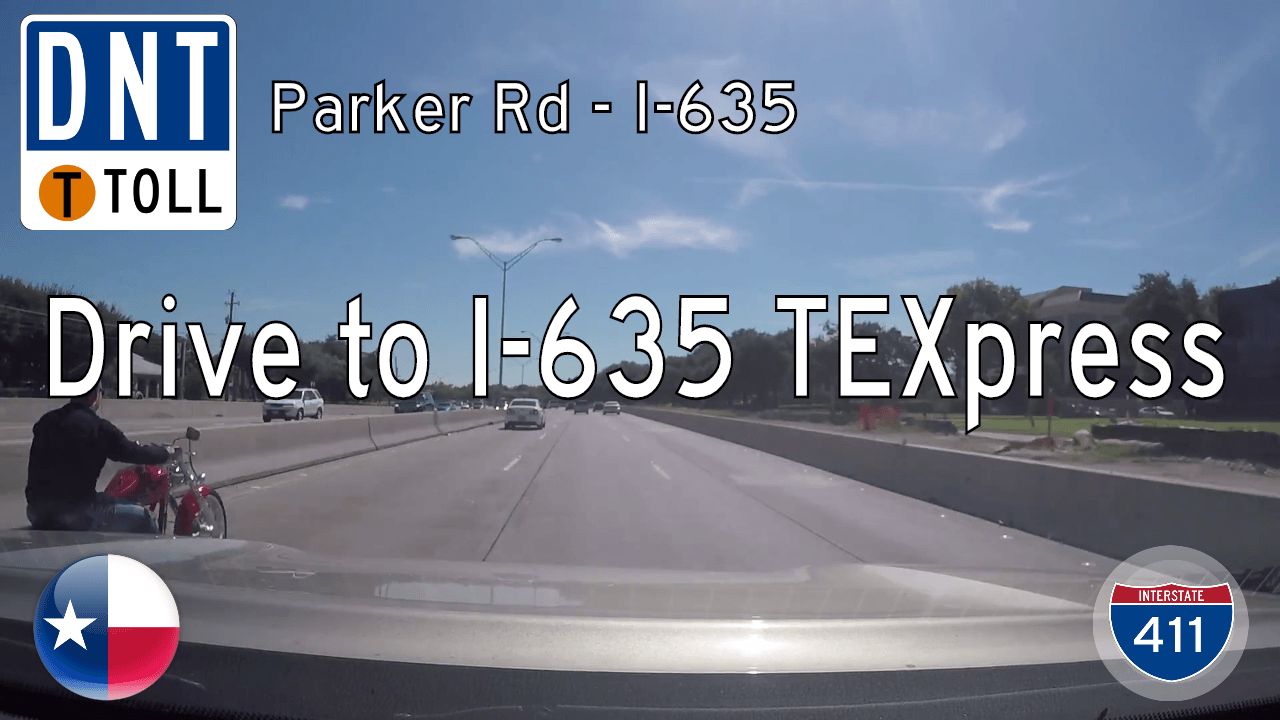 Dallas North Tollway – Parker Rd to Interstate 635 – Texas
Dallas North Tollway – Parker Rd to Interstate 635 – Texas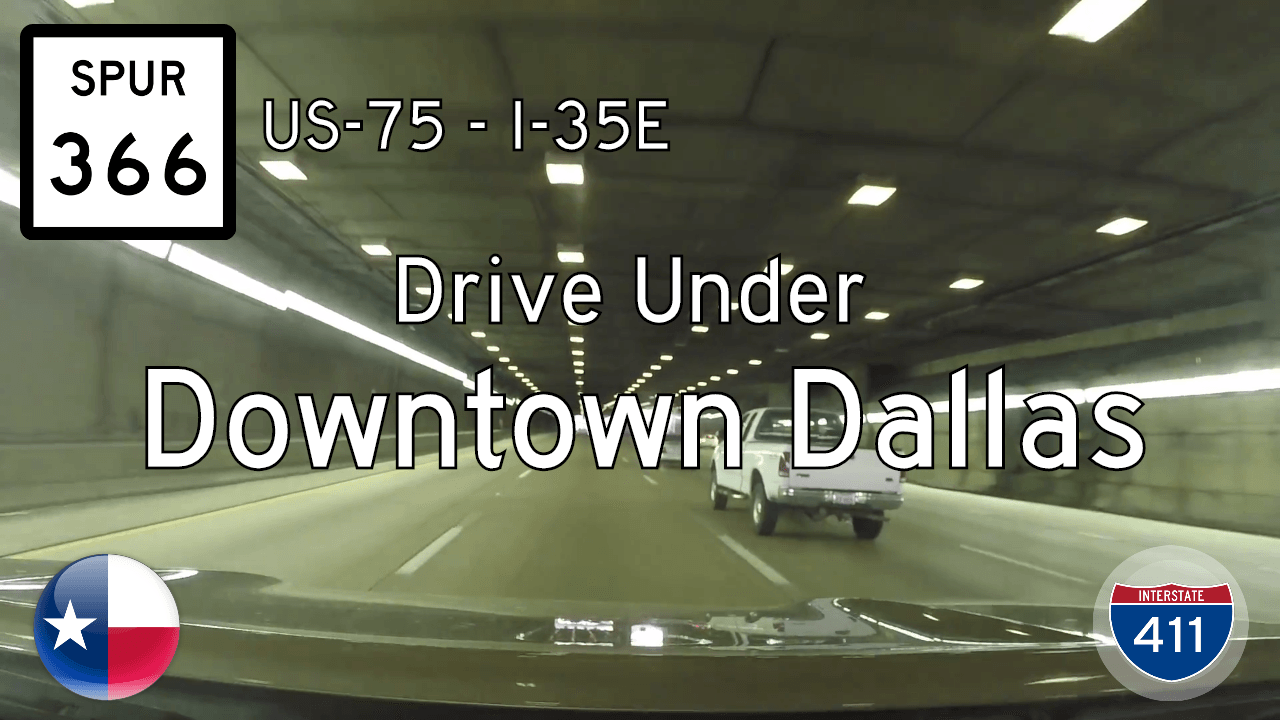 Texas Highway 366 – U.S. Highway 75 – Interstate 35E
Texas Highway 366 – U.S. Highway 75 – Interstate 35E